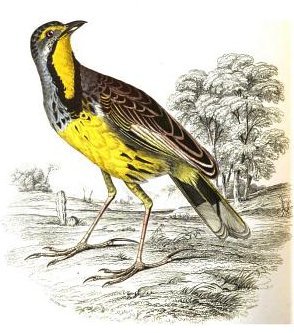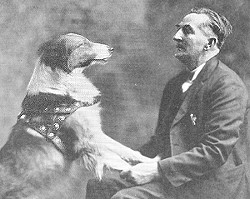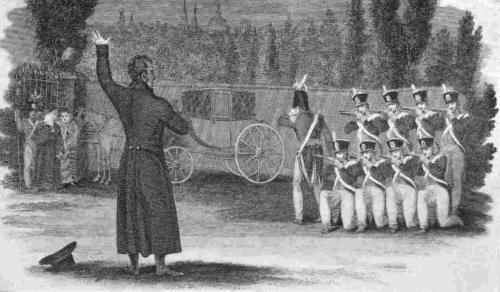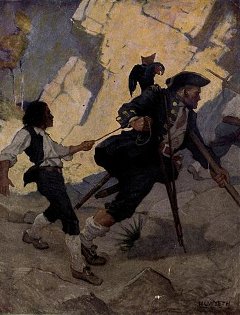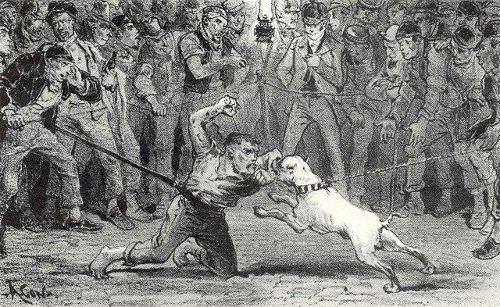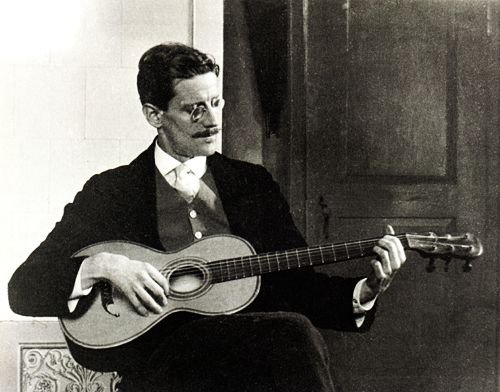
James Joyce took extraordinary pains in composing Ulysses. By his estimate the book cost him 20,000 hours of labor over eight years, and he told a friend that the resulting research “filled a small valise.” On Nov. 2, 1921, just weeks before the novel went to press, he wrote to his aunt, Josephine Murray:
Is it possible for an ordinary person to climb over the area railings of no 7 Eccles street, either from the path or the steps, lower himself from the lowest part of the railings till his feet are within 2 feet or 3 of the ground and drop unhurt. I saw it done myself but by a man of rather athletic build. I require this information in detail in order to determine the wording of a paragraph.
Sure enough, this passage appears in “Ithaca,” the book’s 17th episode, when Leopold Bloom realizes he has forgotten his key:
A stratagem. Resting his feet on the dwarf wall, he climbed over the area railings, compressed his hat on his head, grasped two points at the lower union of rails and stiles, lowered his body gradually by its length of five feet nine inches and a half to within two feet ten inches of the area pavement, and allowed his body to move freely in space by separating himself from the railings and crouching in preparation for the impact of the fall.
But time was always pressing. On Oct. 12 he begged Josephine for her recollections of some Dublin acquaintances: “Get an ordinary sheet of foolscap and a pencil,” he wrote, “and scribble any God damn drivel you may remember about these people.”

